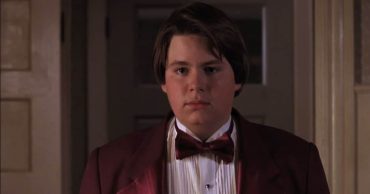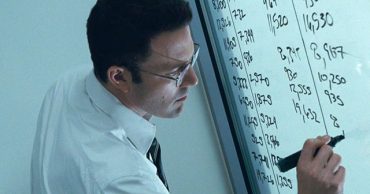Superheroes may be more popular now than at any other point in their history, but that doesn’t mean that they aren’t without their criticisms. While movies like Spider-Man, The Dark Knight and The Avengers have earned unprecedented critical and popular success, others, like Justice League and Fant4stic have been derided as some of the worst blockbusters in recent memory.
Jodie Foster’s Controversial Take on Superhero Films
In a widely publicized interview earlier this week, Oscar-winning actress and director Jodie Foster shared her pointed opinions on the subject of the latest blockbuster craze. And, perhaps unsurprisingly, she was extremely critical of them. She stated that:
“Going to the movies has become like a theme park. Studios making bad content in order to appeal to the masses and shareholders is like fracking – you get the best return right now but you wreck the earth. It’s ruining the viewing habits of the American population and then ultimately the rest of the world. I don’t want to make $200 million movies about superheroes.”
Although even I have to admit that she does have something of a point, many derided the comments for being too stodgy and old-fashioned: ignoring all of the unquestionably excellent movies that have come out in that genre in the last decade (and as far back as 1978’s Superman: the granddaddy of all superhero blockbusters). The comparison to so-called “popcorn entertainment” — a concept older than the film industry itself and not unique to the present era — to fracking, a process in which pressurized water is used to fracture rocks to get at valuable gas and oil deposits, was especially heinous.
James Gunn’s Response to Foster’s Critique
One of her critics, as it turns out, is none other than notably genre director James Gunn. Gunn got his start in the lighter side of the film industry, with infectiously fun films like the (literally) gut-busting sci-fi comedy Slither and the superhero parody Super. Noting his keen eye for crowd-pleasing action beats and intelligent deconstruction, Disney quickly snatched him up to headline what was undoubtedly their biggest risk in the MCU to date: helming Guardians of the Galaxy.
Even a few short years later, it’s kind of amazing that this movie ever got made in the first place. Although clearly attached to the Marvel Cinematic Universe, its first crossover with the franchise’s terrestrial characters will be in this summer’s Infinity War: meaning that for four whole years it had to exist as a solo property that couldn’t benefit from signal boosts by and crossover appearances with the company’s more popular Avengers (like Iron Man or Captain America). They gave a generally unknown director North of $100 million dollars to essentially remake The Ice Planet with an Ent and a talking Raccoon, and both it and its sequel have proven to be among the most memorable, cathartic, intelligent and — above all else — fun movies to come out of the recent cycle of superhero movies.
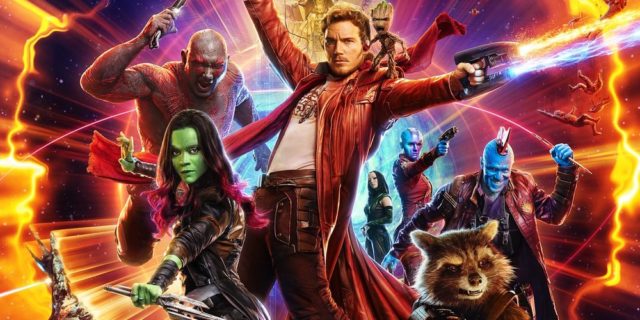
Gunn took an obscure team of D-list heroes and made two amazingly unique and idiosyncratic films out of them. And on the subject of Foster’s “fracking” comments, he had some thoughts of his own. Taking to Twitter, the writer-director opined that:
“I think Foster looks at film in an old-fashioned way where spectacle film can’t be thought-provoking. It’s often true but not always. Her belief system is pretty common and isn’t totally without basis. I say not without basis because most studio franchise films are quite soulless — and that is a real danger to the future of movies. But there are also quite a few exceptions.”
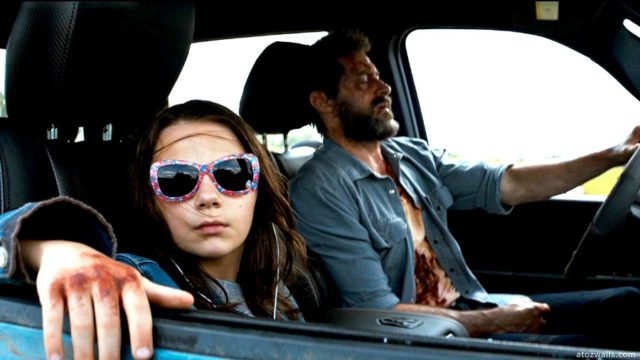
One really needs to look no further than this last year’s box office failure to realize the truth in his concession. What has unreservedly worked for Marvel has failed to jumpstart ostensibly similar franchises across the film industry: from Universal’s Dark Universe to Warner Bros’ DCEU. Even marvel off-shoots, like the rebooted Amazing Spider-Man and Fant4stic series have failed to launch in extremely costly ways for their respective studios. Filmmaking by committee utterly ruined The Dark Tower and trend-chasing cash-grabs like The Emoji Movie have failed to inspire anything other than derision from the unfortunate few who were subjected to them in theaters.
Seeking a Balance Between Art and Commerce
And yet, Gunn argues, there is more to the current state of blockbuster filmmaking than these abject and overly commercial failures. Disney has somehow made art out of corporate products, and others can as well. He continues that:
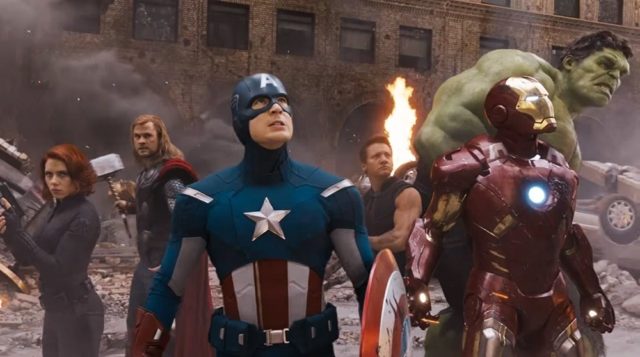
“For cinema to survive I believe spectacle films NEED to have a vision and heart they traditionally haven’t. And some of us are doing our best to move in that direction. Creating spectacle films that are innovative, humane, and thoughtful is what excites me about this job.
But, to be fair, at least from Foster’s quotes, she seems to see filmmaking as something that’s primarily about her own personal growth. For me, that may be part of why I do this, but spending many millions of dollars on a film has to be about more than that — it’s communication — so my experience is merely one spoke on that wheel. But I respect Foster and what she’s done for films and I appreciate her different way of looking at Hollywood’s landscape.”
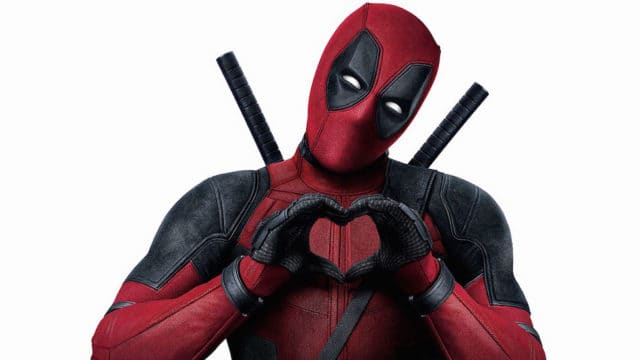
I, for one, stand with Gunn. Hollywood is far from perfect. They’re desperate trend-chasers who would ruin a perfectly good film so long as padded their bottom line: cutting run-times down to the marrow and reworking innovative features into something far more pedestrian. But when you look at Disney — at Pixar, at Marvel, at Lucasfilm — when you see movies like Logan and Deadpool, you realize that there is room for auteur-driven art within the mainstream. With the proper encouragement, we can get even more of these genuine works of commercial art.
 Follow Us
Follow Us



